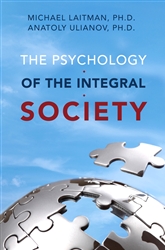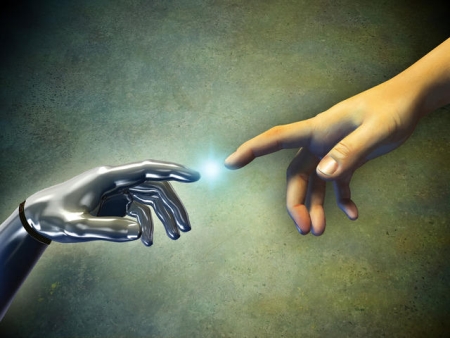
Excursions facilitate a multifaceted perception of the world. A child sees what adults are occupied with and imagines how in the future he will also take part in productive, mental, moral, physical, and social processes by participating in them.
A child should be placed in situations that will pose questions before him: Does this suit me or not? How would I act in this case? Do I like this profession or not? What is special about it? What is its purpose and what benefit does it bring to society and to myself? Does it contradict what we are talking about? We have to discuss all of this.
In this regard it is necessary to keep track not just of a child’s reaction, but also the phases of his maturation, as well as how he sees himself in this process. How much does he research the actual production and its importance for humanity, and accordingly, does he decide that “I choose this activity because people need this work,” or “I choose it because it’s interesting to me”?
Excursions have to be discussed from all sides. I would say that they aren’t just excursions, but the attainment of the world, which gives a child the opportunity to see himself in the future, and to ask the question, “Who will I be when I grow up?” Children have to imagine themselves in each role they have seen. This is very important because any place they visit provides an enormous collection of feelings and sensations which are so vital for a child.
There are children who carry a mouse or a frog in their pocket, while others cannot stand to look at these creatures. Some are drawn to technology or music, while others can work physically from dawn to dusk, and others still are able only to think while sitting down. After all, we understand how diverse people are.
Every child has to try out everything in order to form himself and to find his own place in life. Excursions provide a constant and maximally wide familiarity with all forms of human activity.
The above points were taken from the book The Psychology of the Integral Society by Dr. Michael Laitman and Dr. Anatoly Ulianov. Also available as eBook (PDF, Kindle & ePub formats).





